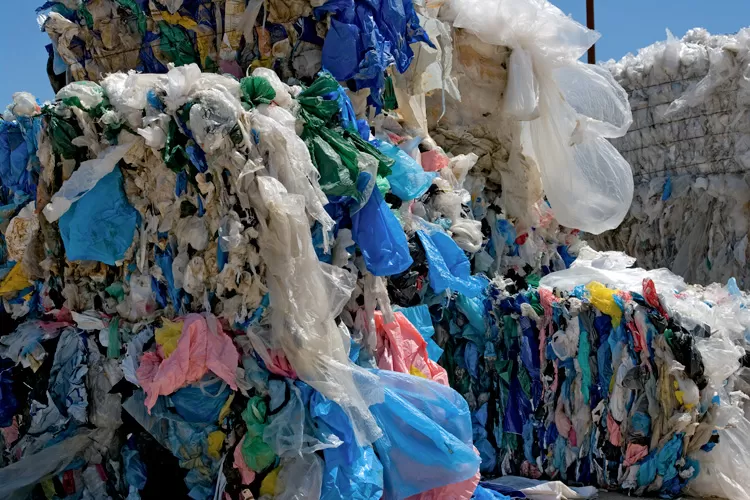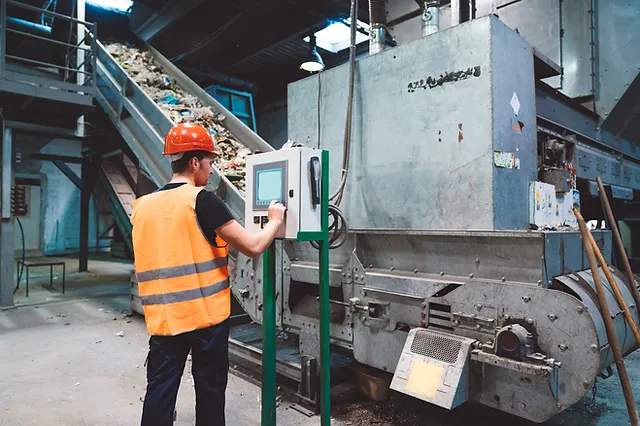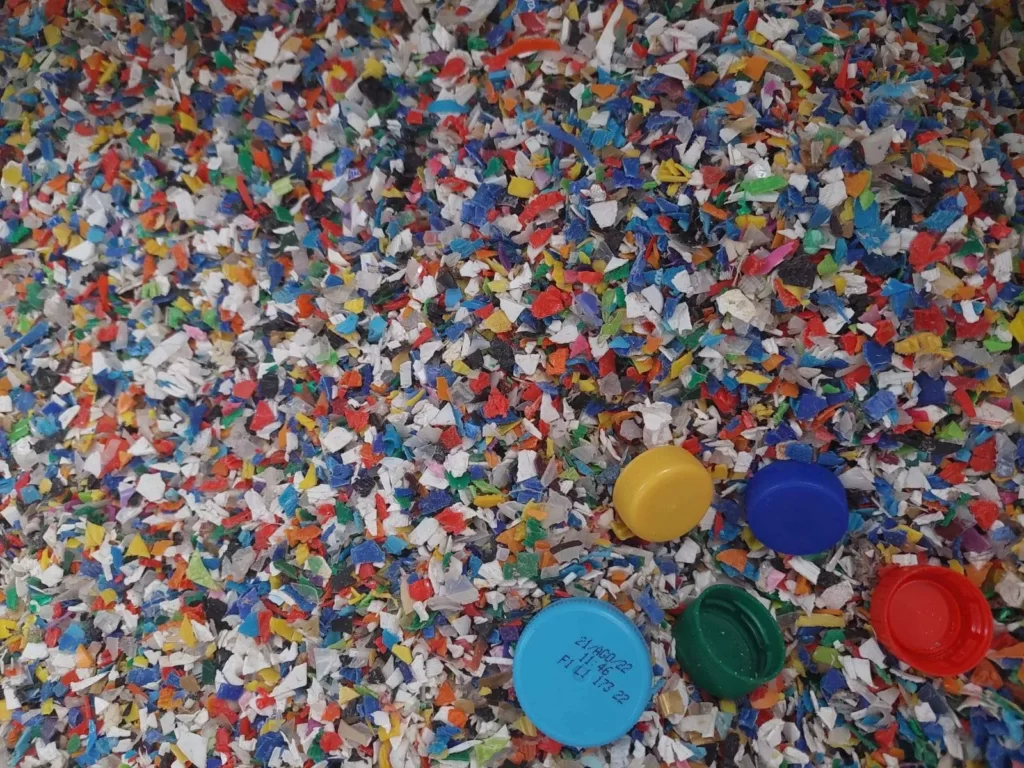As the CEO of Amige, a company deeply rooted in the plastic recycling machinery industry, I’ve been keenly observing global trends in plastic recycling and environmental conservation. Panama, with its unique geographical and ecological significance, presents an interesting case study. How is this vibrant nation handling the ever-growing challenge of plastic waste?
Panama, a country with rich biodiversity, faces significant environmental challenges due to plastic pollution. But, are there effective strides being made in recycling plastics in Panama? This is a critical question, considering the country’s strategic location and its impact on both marine and terrestrial ecosystems.
It’s no secret that plastic waste is a global problem, and Panama is not immune to this issue. The country has seen an increase in plastic waste, partly due to its booming tourism and shipping industries. However, recent developments show promising signs of progress.
What Measures is Panama Taking to Combat Plastic Pollution?
Panama’s approach to managing plastic waste is multifaceted, including legislative action, community involvement, and technological innovation. A notable step is the ban on single-use plastics, which came into effect in 2021. This regulation targets plastic bags, straws, stirrers, and certain types of containers, significantly reducing plastic waste at the source (Panama’s Plastic Ban Law).

Community participation in Panama is also a cornerstone of its recycling efforts. Numerous local organizations and international NGOs are active in raising awareness, organizing clean-up drives, and educating the public about recycling practices. These initiatives have led to a gradual yet visible change in public attitudes towards plastic use and disposal (Community Recycling Initiatives in Panama).
How is Technology Aiding in Plastic Recycling in Panama?
As someone at the forefront of manufacturing plastic crushers and shredders, I’m thrilled to see technology playing a pivotal role in Panama’s recycling efforts. Advanced recycling machines, many of which are similar to the products we produce at Amige, are being deployed to efficiently process plastic waste. These technologies not only recycle plastics but also convert them into valuable products, thereby promoting a circular economy (Advanced Recycling Technologies in Panama).

What Role Do Education and Awareness Play?
Education is the backbone of sustainable environmental practices. Panama’s educational institutions and NGOs are actively involved in imparting knowledge about the importance of recycling and environmental conservation. By integrating these subjects into the curriculum, Panama is grooming a generation that is more conscious and responsible towards the environment (Educational Initiatives for Recycling in Panama).
Are There Challenges in Panama’s Recycling Journey?
Despite these efforts, Panama faces challenges, primarily due to lack of infrastructure and public awareness. In many areas, especially remote and rural regions, access to recycling facilities is limited. This logistical issue is a significant hurdle in the path of effective waste management (Challenges in Plastic Recycling in Panama).

Panama’s progress in plastic recycling is not just a local issue; it has global implications. Given its strategic location and the Panama Canal’s role in international trade, effective waste management here has a ripple effect on marine ecosystems and global environmental health (Global Impact of Panama’s Recycling Efforts).
Conclusion
Panama’s journey in tackling plastic pollution and enhancing recycling efforts is a testament to the power of combined action – legislative, technological, and community-driven. As a business leader in the plastic recycling machinery sector, I believe Panama’s strategies offer valuable insights for other countries grappling with similar challenges. The road ahead may be fraught with challenges, but with continued effort and innovation, significant progress is achievable.
